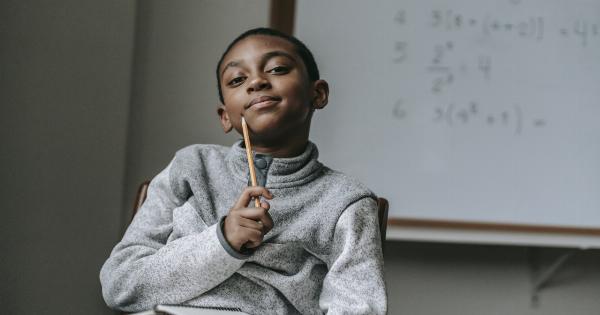Divorce is a stressful and difficult experience for adults, and it can have a significant impact on children’s development.
The effects of divorce on children can vary depending on the age of the child, their personality, and the circumstances of the divorce, but research has shown that divorce can have negative effects on children’s emotional, social, and academic development.
Emotional Impact
One of the most significant ways that divorce can affect children is emotionally. Divorce can lead to feelings of sadness, anger, confusion, and fear, which can be particularly challenging for children to deal with.
Children may also feel responsible for the divorce, which can lead to feelings of guilt and shame. According to research, children of divorced parents are more likely to experience problems with anxiety, depression, and self-esteem than children whose parents are still together.
Behavioral Changes
Divorce can also lead to significant changes in children’s behavior. Children may become more aggressive, disobedient, or withdrawn following a divorce.
They may also experience changes in their eating and sleeping patterns, which can have a negative impact on their overall health and well-being. In some cases, children may develop behavioral problems in school or struggle to form healthy relationships with their peers.
Academic Performance
Divorce can also impact children’s academic performance. Children of divorced parents tend to have lower academic achievement and higher rates of absenteeism than children whose parents are still together.
They may also struggle with concentration and memory, which can make it difficult to keep up with their studies. In addition, children may need to change schools or move to a new neighborhood following a divorce, which can be disruptive to their academic progress.
Socialization
Another significant impact of divorce on children is socialization. Children of divorced parents may struggle to form healthy relationships with their peers, as they may feel isolated or rejected.
They may also experience a loss of social support and stability. Children may also struggle to bond with their parents after a divorce, which can be particularly challenging if one parent moves away or has limited contact with the child.
Coping with Divorce
While divorce can have a negative impact on children’s development, it’s important to note that children can and do cope with divorce.
There are a variety of strategies that parents can use to help their children manage the effects of divorce, such as staying involved in their child’s life, maintaining routines and consistency, and seeking out support for both themselves and their children.
Conclusion
Divorce is a complex and challenging experience for families, and it can have a significant impact on children’s development.
Children of divorced parents may experience emotional, behavioral, academic, and social challenges, but with the right support and resources, they can learn to cope and thrive. It’s important for parents to prioritize their children’s well-being and seek out help when needed.






























